Business / Ireland
Doing business with ‘Grace’
Uniquely positioned on the market via creative communication strategies, PPI is focused on the creation, development and management of international brands, from spirits to pet food and fashion.
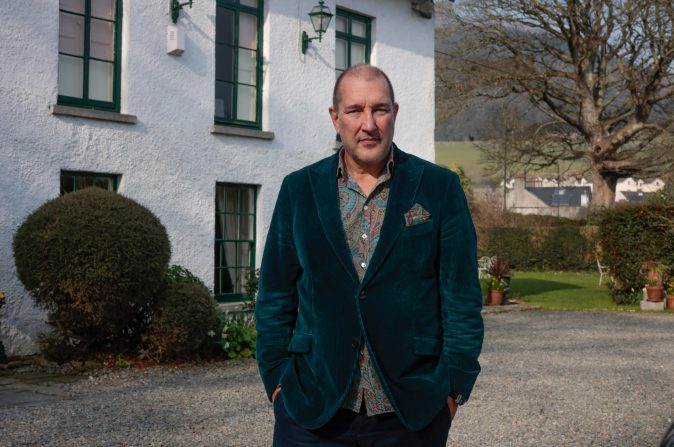
Stefan Hansen, Managing Partner of Private Pier Industries (PPI)
A series of seemingly chance encounters – and a passion for rugby – preceded one of Ireland’s most ambitious new whiskey ventures. However, talking to Stefan Hansen, Managing Partner of German business consortium Private Pier Industries (PPI), it becomes clear how a carefully masterminded marketing strategy proved to be the right recipe for rapid success.
When former advertising executive Stefan Hansen saw supplies to his burgeoning pet food business in Germany cut off after an explosion at a factory in Canada, he and his partner Hendrick Melle wondered where to turn. “If there is another country of which consumers have a positive view, like Canada, its Ireland,” they figured. “Everybody loves Ireland for its environmental consciousness, pollution-free landscapes — and the meat is very good.”
“I was a former top level rugby player, and I have a lot of friends in Ireland,” Hansen explains. After a few calls, he flew to Dublin with a pipeline of visits to the country’s leading pet food manufacturers. The rest is history. “We developed Irish Pure, which now sells very well in Germany, Austria, Switzerland, France, and Poland and soon in the U.S.”
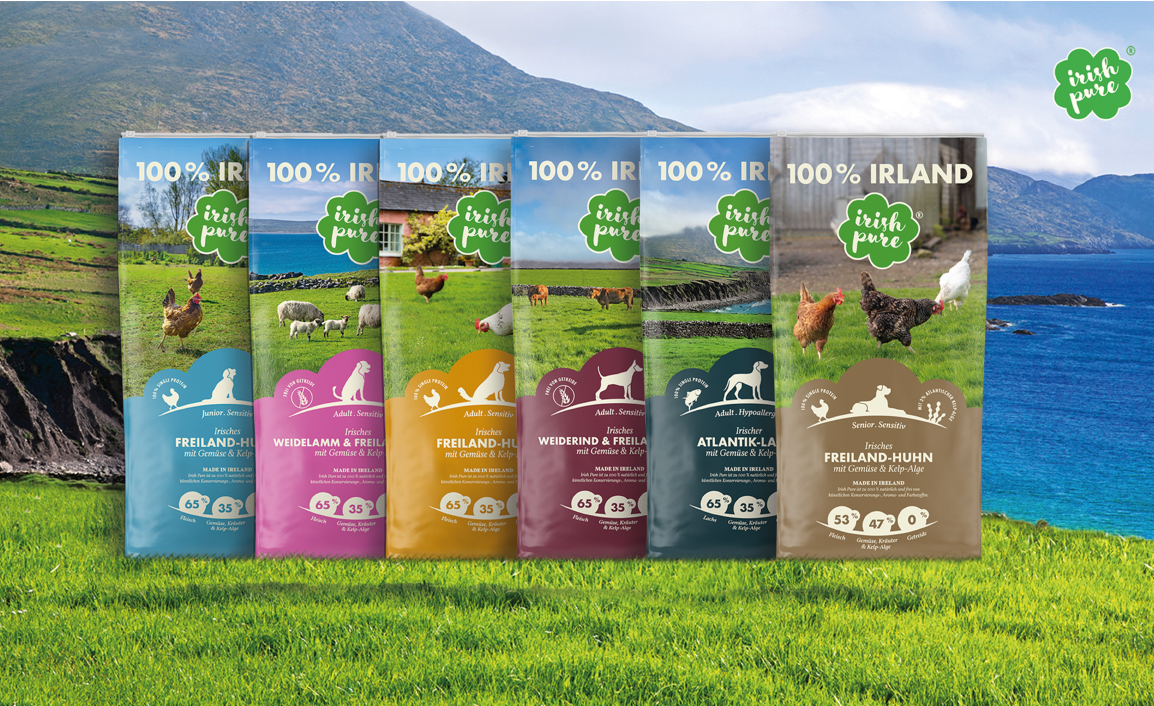
Irish Pure dog food (dry and wet) is cereal-free with high meat content and added kelp to make it a real superfood.
For the former ad men, building the brand came first, but with quality assured: Irish Pure dog food (dry and wet) is cereal-free with high meat content and added kelp to make it a real superfood. “For a long time, we worked in advertising for Procter & Gamble and other multinationals, and we see distribution and brand as the two key drivers,” Hansen explains.
The pair were to replicate this canny, brand-led approach to business in their more ambitious venture: Irish whiskey. Here, too, Hansen’s rugby links turned out to be crucial to get a foot in the door.
“I received a phone call from a rugby friend who told me that he owned the trademark ‘Grace O’Malley’ and I said, ‘Yes, I know — the Irish pirate queen,” he recalls. “In one of my son’s pirate books, there was a story about her.” This 16th-century head of the Ó Máille dynasty, also known as Gráinne Ní Mháille, is an Irish popular heroine. Her seaborne exploits and clashes with the English earned her the nickname ‘The Pirate Queen’ and inspired musicians and writers as a personification of the Irish nation — making this trademark a valuable commodity.
After some brainstorming, Melle came up with an idea for Grace O’Malley whiskey — even though both partners, as Hansen admits, had no previous experience in the Irish whiskey business.
They launched the brand at Christmas 2018, after securing a long-term supplier – the Great Northern Distillery (GND), run by John Teeling, a towering industry figure and, in Hansen’s words, “the biggest rugby fan in the world”.
Even if GND was already near capacity, Teeling made sure that PPI received the necessary supply for their ambitious and entirely self-funded new venture in what is an extremely competitive market. After all, Irish whiskey has been the world’s fastest-growing spirits category over the past decade, according to Drinks Ireland | Irish Whiskey, the representative body for the industry.
With the resulting10-year deal for a minimum of one million liters of pure alcohol per year — around 3.6 million bottles — PPI was able both to produce its own brands and supply others, positioning itself midway between the industry’s minnows and giants.
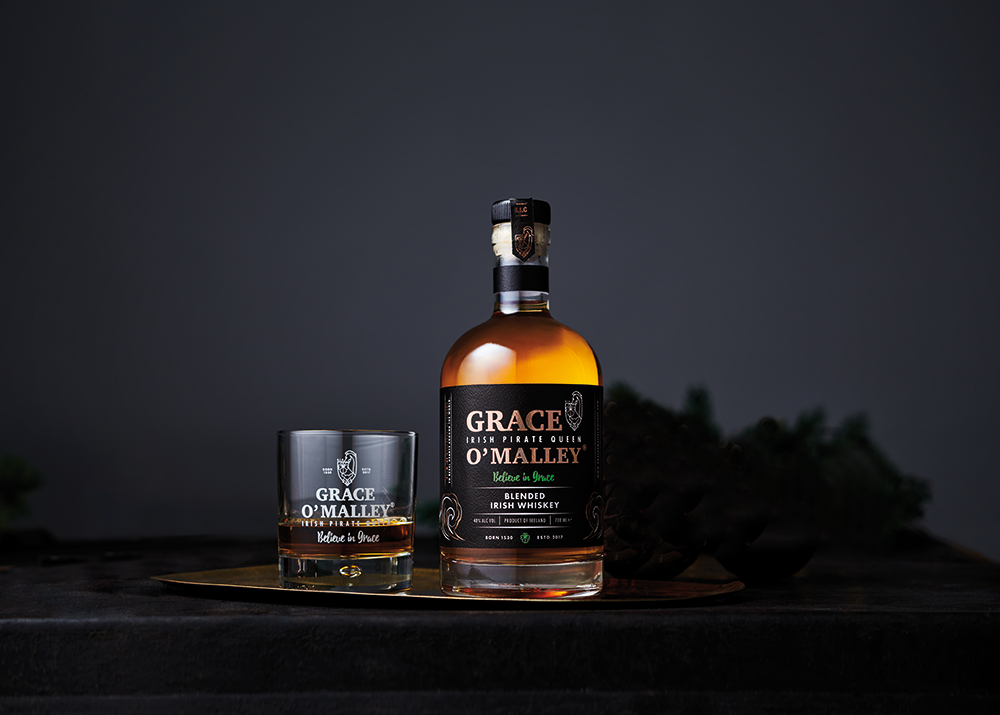
The Grace O’Malley brand encompasses various blends of whiskies, including the ‘Captain’, ‘Navigator’, and ‘Crew’ blends.
To give Grace O’Malley the edge in terms of quality and to raise the brand’s profile, PPI hired leading French winemaker Paul Caris as master blender “for a fortune” as Hansen says. A winner of the International Cognac Summit (ICS) trophy for ‘World’s Best Cognac’, Caris uses his wine contacts to secure fresh barrels to give the whiskey a unique taste. This paid off and turned out to be another trump card up PPI’s sleeve.”Everywhere we entered competitions, we won at least gold with all our products,” says Hansen. “Paul Caris really delivered.”
The brand encompasses 10- to 22-year-old ‘Captain’ whiskies finished in selected casks, a ‘Navigator’ blend of batches of different ages combined in rum barrels, and an entry-level ‘Crew’ range. And PPI still holds other valuable trademarks, such as Rockfleet Castle, one of Grace’s residences.
Another “very old friend” called Hansen to tell him that he had the trademark Proclamation, which led to the launch of an entirely new blend two years ago, whiskies aged three to five years, honoring the people behind the 1916 document that proclaimed the Irish Republic.
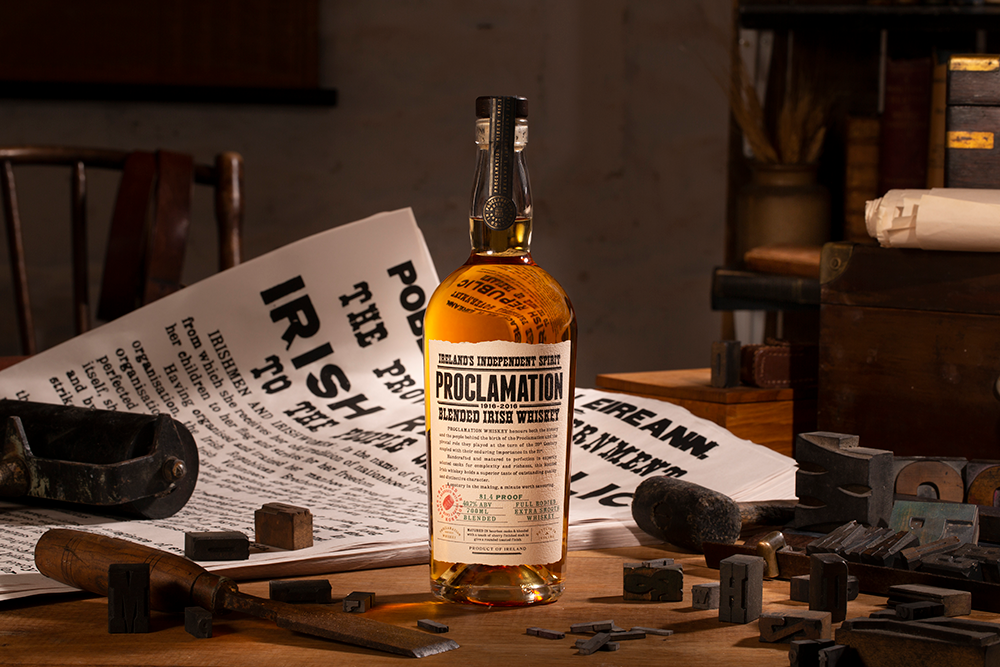
The Proclamation blend of whiskies, aged three to five years, celebrates Ireland’s independent spirit.
“We wanted to celebrate Ireland’s independent spirit through a quality whiskey that also tells the story of some of the unsung heroes of this time,” the brand’s website quotes historian Mícheál Ó Doibhilín — a reference to the printers of the Proclamation, William O’Brien, Michael Molloy and Christopher Joseph Brady.
With their global marketing know-how and credentials, Hansen and Melle turned the traditional business model on its head. “Normally, people develop a brand by focusing initially on the product – they have to finance their own distillery, then lay down stock. After five years, they have the product and only then think about marketing.We did it the other way around: first, we got trademarks that can travel around the world easily, then we secured high-quality supply, then we had somebody who can ensure its best in class. The next thing was our own bonded warehouse, bottling and blending facility — which we opened last year— and only then do we build a distillery”, he explains, adding that this facility, either bought or built from scratch, will be up and running before the GND contract ends.
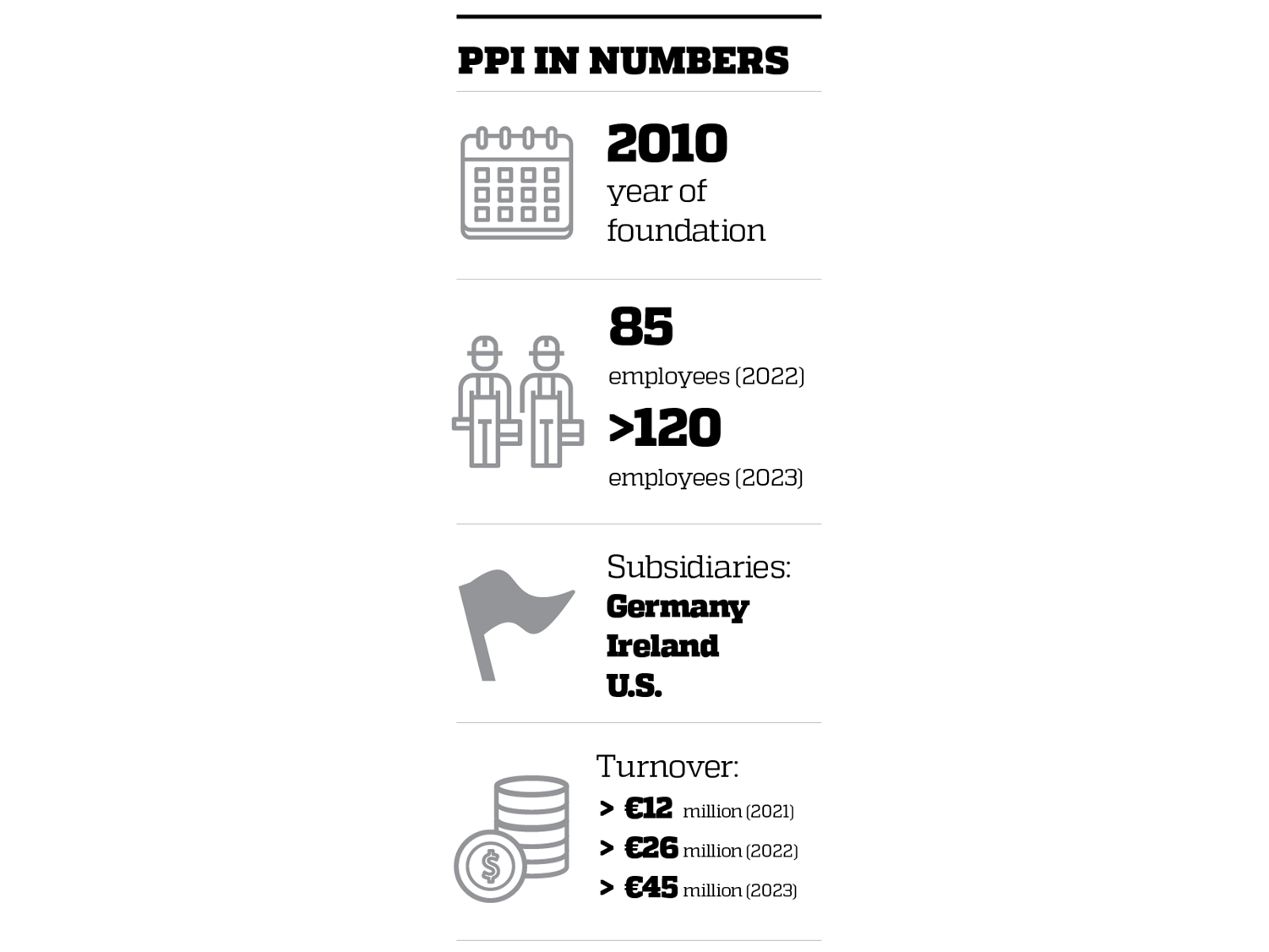
Irish whiskey is expected to overtake Scotch by 2030 — building in part on Ireland’s own ‘brand’. The next stage is conquering the U.S. market — by far the largest, accounting for over half of the overall growth in global demand. PPI has an already established presence more than 20 states the U.S. since 2021. Despite pandemic delays, PPI signed a deal in October with the second largest distributor in the U.S., with a plan to roll out to all 50 states this year. A local office is planned, as Hansen foresees ‘huge’ sales growth for the entire group: from over €20 million this year to €100 million by 2025.
“There is a very good image of Ireland, so that’s perfect,” comments Hansen. “And there’s the Irish diaspora: millions of people around the world. Our strategy is not to be a small, exclusive, niche brand; we want to sell a lot of bottles for all our trademarks.”
In this new phase, PPI is backed by Ireland’s trade and investment agency, already a steadfast partner after the company invested €30 million locally.
“If you are funded by Enterprise Ireland, it is like a seal of approval showing you are serious,” says Hansen. “We have four interns from their program who are some of the best I’ve hired in my life. With Enterprise Ireland you get perfect services, and fast — a lot of knowledge and support when you enter into foreign markets.”

The Lemanjá fashion brand provides luxurious and timeless clothing for modern women.
The importance of brands and the stories they tell in PPI’s approach to business is also evident in another unit, Lemanjá, a line of silk dresses named for the African-Brazilian goddess of the sea, with “every woman is a goddess” as its slogan. The fashion brand, ran by Stefan Hansen’s wife Sandra, also adheres to the rule of the “story must come first” established by all PPI brands, providing luxurious and timeless clothing for modern women.
For now, the founders have no plan to cash in their chips. “We are not these young guys who set up a company and want to build it and then sell quickly to some fund,” says Hansen. “We love what we’re doing, so we’re growing it.”
Whatever the future holds for PPI and its Irish whiskey brands, it appears that its founders found the right blend for success early on.
